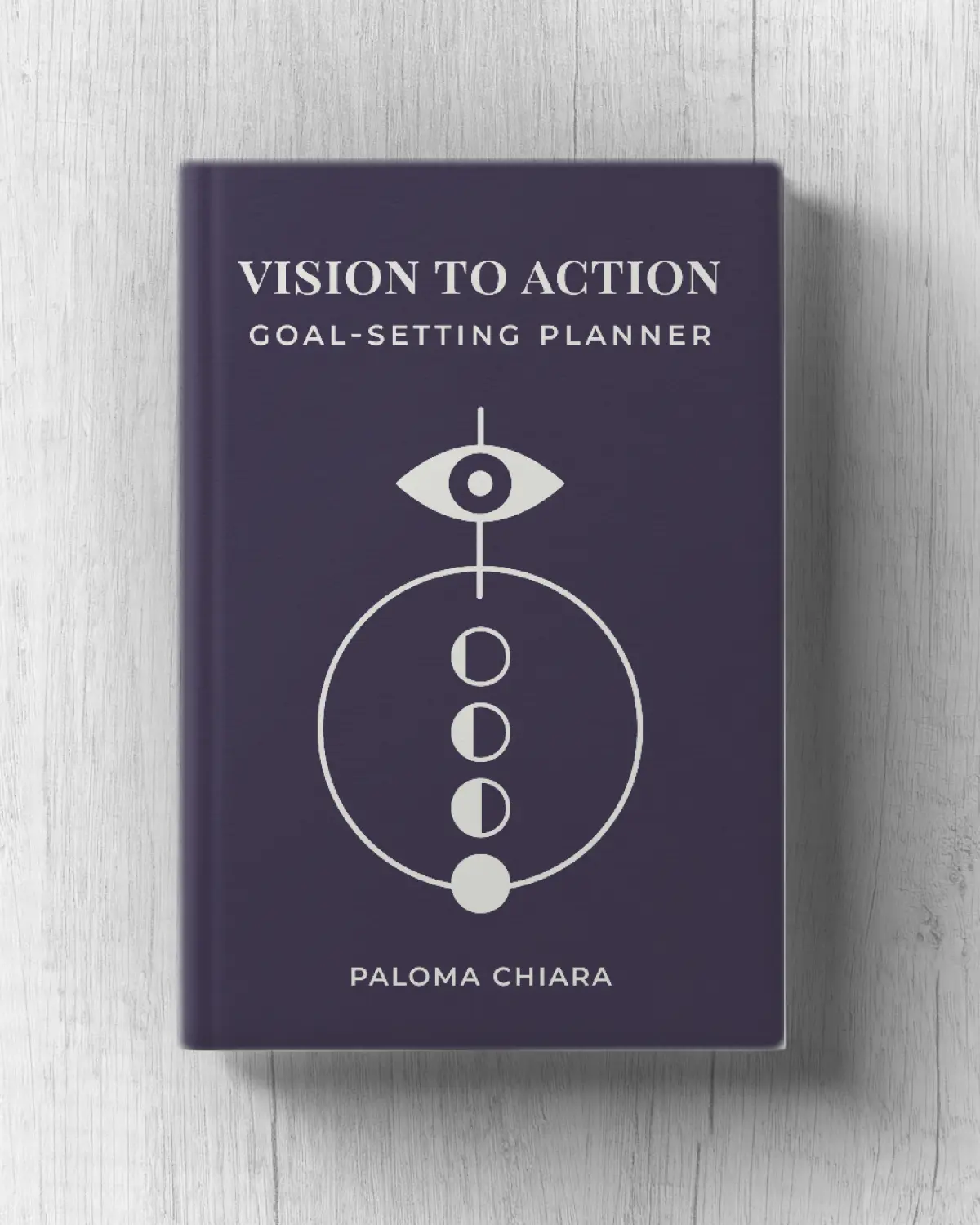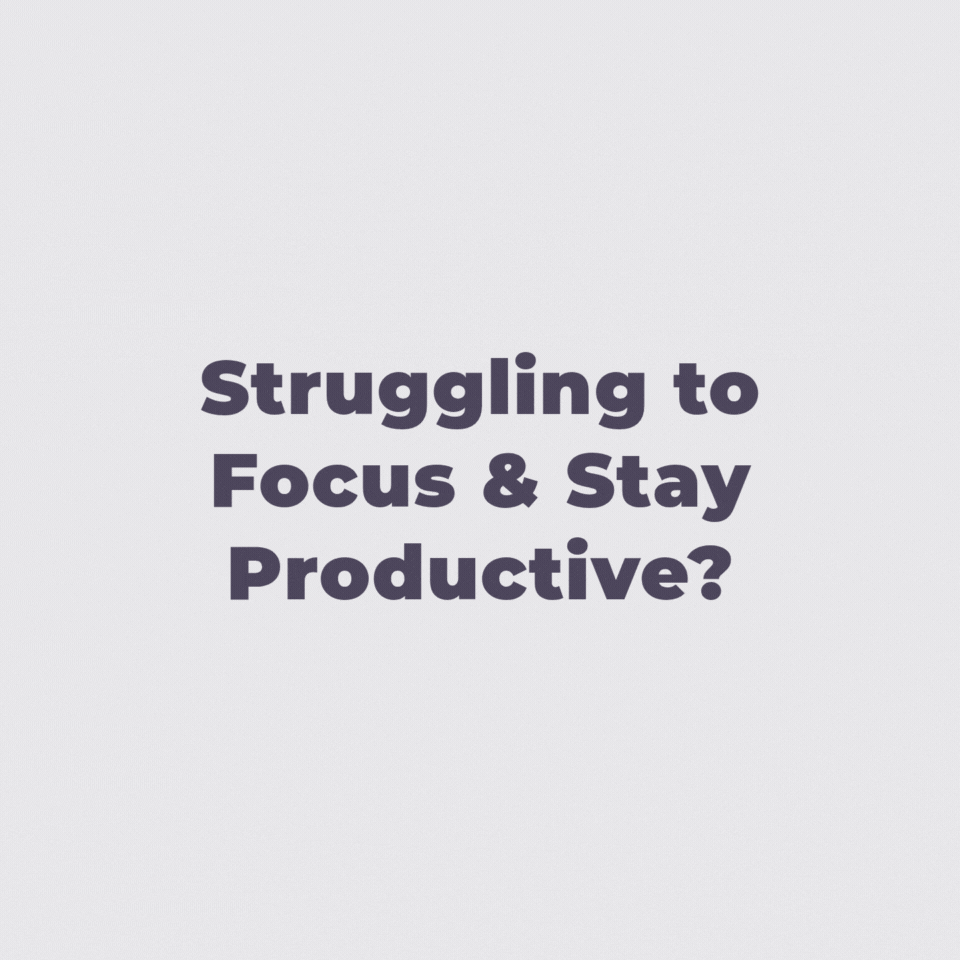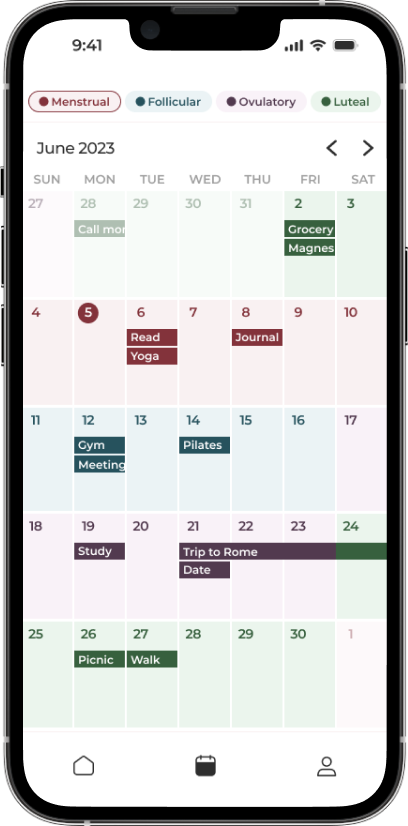What Is a Work/Life Balance Coach?

A work/life balance coach is a professional who specializes in helping individuals achieve a healthier balance between their professional and personal lives. In today’s fast-paced world, many people struggle to juggle the demands of work, family, and personal interests, leading to stress, burnout, and dissatisfaction. A work/life balance coach provides guidance and support to help clients create a fulfilling life that integrates work and personal time harmoniously.
What Issues Can a Work/Life Coach Help With?
A work/life balance coach can assist with various challenges, including:
- Burnout: If you frequently feel exhausted or overwhelmed by work demands, a coach can help you identify the signs of burnout and develop strategies to mitigate its effects.
- Poor Time Management: Struggling to allocate time for work and personal activities can lead to frustration. A coach can teach you effective time management techniques.
- Lack of Boundaries: If you find it challenging to separate work from personal life, a coach can help you establish healthy boundaries that promote balance.
- Overcommitment: Many individuals take on too many responsibilities, both professionally and personally. A coach can guide you in prioritizing and saying no when necessary.
- Stress and Anxiety: High levels of stress and anxiety can stem from an unbalanced lifestyle. A coach can help you develop coping mechanisms to manage stress effectively.
Quiz: What Is Blocking Your Success?
This quick quiz will help you figure out which mental or behavioral pattern might be holding you back from achieving your full potential. Identifying your specific success blocker is the first step toward breaking through to new levels of achievement and fulfillment.
Read each question and choose the answer that feels most true to your situation.
No email or payment is required to complete the quiz and receive your personalized insights.
Once you have your primary success blocker, you have clarity about what’s been holding you back. This awareness is powerful—many people spend years struggling without understanding the specific pattern that’s limiting their progress.
Remember, these patterns aren’t permanent character traits but rather habitual ways of thinking and behaving that can be changed with the right guidance and practice.
If you’re ready to break through your specific blocker and achieve the success you know you’re capable of, send me an email to try out a coaching session. Your breakthrough awaits!
How Does It Work?
The coaching process typically involves several key steps:
- Initial Consultation: The relationship begins with an introductory meeting to discuss your specific work/life balance challenges, goals, and motivations. The coach will assess your situation to create a tailored plan.
- Goal Setting: Together with your coach, you will establish specific, achievable goals related to achieving a better work/life balance.
- Action Plan Development: The coach will develop a personalized action plan outlining steps to address your work/life balance challenges and enhance your overall well-being.
- Regular Coaching Sessions: Ongoing sessions provide a supportive environment for accountability, where you can discuss progress, challenges, and strategies with your coach.
- Review and Adjust: Throughout the coaching process, you will evaluate your progress and make necessary adjustments to your action plan to stay on track.

Check out the Vision to Action Planner for only 6$
More infoWhat Techniques Are Used?
Work/life balance coaches employ a variety of techniques to help clients achieve balance, including:
- Time Management Strategies: Coaches teach clients effective time management techniques, such as prioritizing tasks, setting schedules, and using productivity tools to improve work efficiency.
- Boundary Setting: Coaches guide clients in establishing clear boundaries between work and personal life, helping them learn to say no and protect their personal time.
- Mindfulness Practices: Many coaches incorporate mindfulness practices to help clients reduce stress and improve focus, fostering a greater sense of calm and balance.
- Goal Prioritization: Coaches assist clients in identifying and prioritizing their goals, ensuring that personal and professional aspirations are addressed.
- Stress Reduction Techniques: Coaches may teach relaxation and stress reduction techniques, such as deep breathing, meditation, or physical exercise, to help clients manage stress levels.
What Improvements to Expect?
Working with a work/life balance coach can lead to several positive changes, including:
- Enhanced Well-Being: Clients often experience improved mental and emotional well-being as they learn to prioritize self-care and balance their responsibilities.
- Increased Productivity: By implementing effective time management strategies, clients typically find they can accomplish more in less time, leading to increased productivity.
- Reduced Stress Levels: As clients establish healthier boundaries and coping mechanisms, they often experience reduced stress and anxiety related to work and personal demands.
- Greater Satisfaction: Achieving a better work/life balance can lead to increased satisfaction in both personal and professional areas of life.
- Improved Relationships: As clients focus on nurturing personal relationships and interests outside of work, they often experience improved connections with family and friends.
What Are the Benefits?
The benefits of working with a work/life balance coach can significantly impact various aspects of your life:
- Empowerment: A work/life balance coach empowers you to take control of your schedule and choices, leading to a greater sense of agency in your life.
- Supportive Environment: Coaching provides a safe space to explore your work/life balance challenges and aspirations without judgment.
- Accountability: Regular coaching sessions help you stay accountable to your goals, providing motivation to follow through on commitments.
- Long-Term Change: The skills and strategies learned during coaching can lead to lasting changes in your behavior and mindset, fostering a more balanced lifestyle.
- Increased Fulfillment: Achieving a better work/life balance often leads to a greater sense of fulfillment, improving overall quality of life.
In summary, a work/life balance coach can be a valuable resource for individuals seeking to harmonize their professional and personal lives. Through personalized support and practical strategies, work/life balance coaches empower clients to create a more fulfilling and balanced life.
Looking for a Work/Life Balance Coach?
Feeling stuck, overwhelmed, or uncertain about your next steps? As an experienced life and work/life balance coach, I specialize in helping individuals create a future that feels fulfilling and aligned with their goals. Reach out today to start creating the future you deserve.
Still waiting for the 'perfect time'?
Email me what you'd do if you stopped making excuses. We'll work backwards from there.
Let's startRecent posts
-
The Complete Guide to Becoming a High Achiever
Read blog -
How To Make a Positive Impact in Your Community
Read blog -
What Is the “Winter Arc” Challenge?
Read blog -
What Is "the Great Lock-In" and Should You Try It?
Read blog -
What Are the 75 Hard and Soft Challenges?
Read blog -
How to Validate Yourself
Read blog

The App Made To Sync Your Lifestyle to Your Menstrual Cycle.
A solution for women who are looking to keep track of what they sync to their cycles, such as fitness, diet, etc. by adding it to a calendar that also predict their phases.
Learn more





Comment